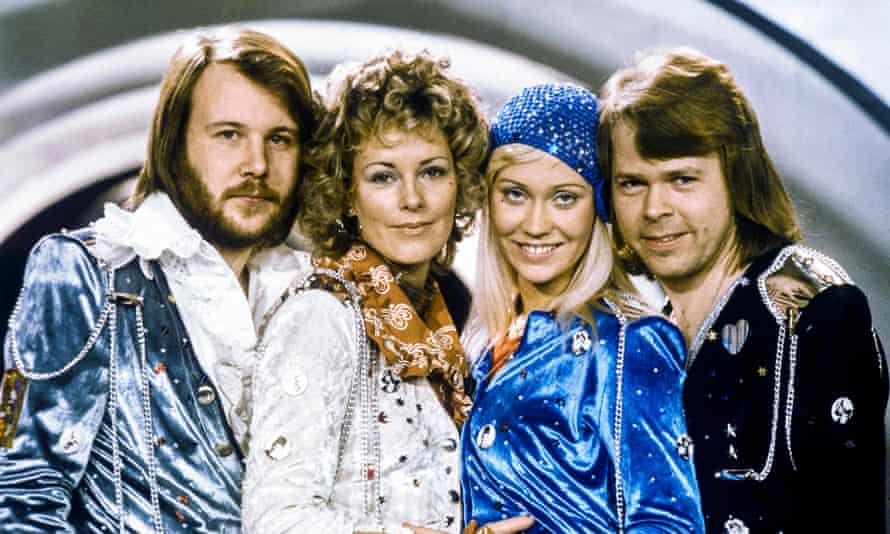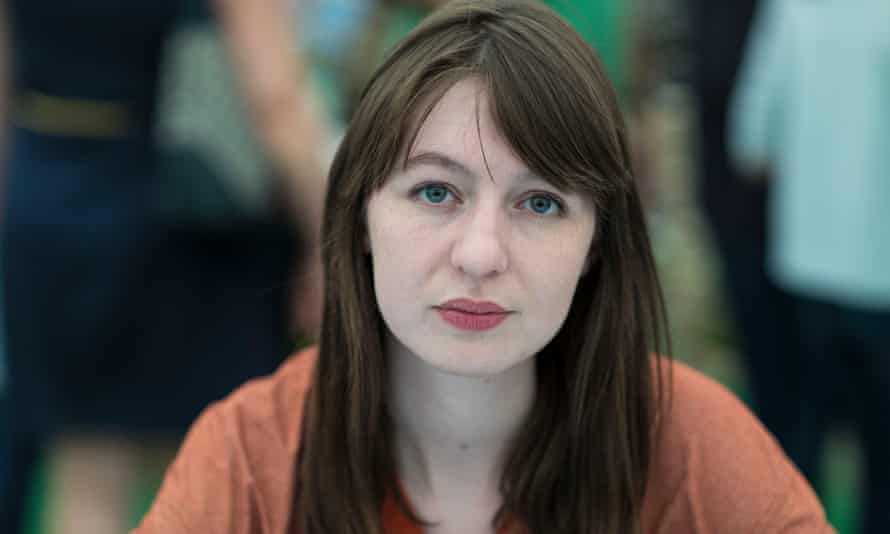I like to imagine Jamie Dornan – you might anticipate a full stop there, but do carry on – having the same issues as the rest of us over Christmas, craving a second to switch off and so switching the television on.
Perhaps he, too, spent time staring at a hectic page on a streaming service, wondering for so long what to watch that scrolling became the activity and then it was time for bed, the evening having been filled by an endless click of the down button, interrupted only by arguments about whether The Wolf of Wall Street or Zero Dark Thirty is more festive or should we do a Girls5eva or three instead? (The answer is always yes.)
In an interview with the Radio Times, Dornan pointed out that viewers are “spoilt for choice” these days and that it is always easy to give up on a new series quickly and move on to the next. “Which I think is a bit dangerous,” he said, arguing that it is often worth giving something a chance or more than one episode.
It brought to mind Succession, of course it did, which, in its first season, was far from the ubiquitous must-see it has become. I’d heard it was “slow”, put it off, until I didn’t. The BBC’s new adaptation of Around the World in 80 Days is a certifiable slow starter, but it gets better and I hope viewers offer it their patience.
They are under no obligation to, of course. There is an avalanche of choice, though that in itself can be overwhelming, which, granted, is a wild indulgence to grumble about. It is the “my diamond shoes are too tight” of complaints, to borrow a line from Friends, which has inflated its own popularity using the air pump of streaming and remains as popular as it was when it first appeared, if not far more so. Which makes me wonder if the sheer amount of shows we have to choose from drives many viewers back to old familiars or comfort viewing.
Certainly, it seems that older shows remain popular. Netflix reports that The Salisbury Poisonings, Downton Abbey and Ackley Bridge have been among its most viewed series in recent weeks, though it’s impossible to know if viewers are rewatching or discovering for the first time. Is it the fact that they are inherently known, already tested on audiences, which makes them an easier choice? It’s hard to tell. But Dornan is right: our already-stretched attention spans are getting shorter and shorter. If we demand instant gratification from television, it will lead to television that is eager to please and that is rarely a good thing.
Abba: vinyl is on a voyage, but not for new artists

The great vinyl revival shows no sign of stopping. The British Phonographic Industry has estimated that more than 5m vinyl albums were bought in the UK in 2021, accounting for almost one in four album purchases, the highest proportion since 1990. Abba’s Voyage is on track to be the bestselling vinyl of the year, followed by Adele, Fleetwood Mac, Ed Sheeran and Amy Winehouse.
It’s a funny old list, a hodgepodge of huge stars, suggesting the decline of that image of the crate-digger sifting through rare cuts in a dusty old shop, affirming that the popularity of vinyl is built on pop. It also points to the collapse of distinct musical eras. Over Christmas, I watched my young niece and nephew dancing to their favourite songs, loaded up on YouTube, one after the other, and it was an odyssey through the decades that reached a climax with Shakira’s 2010 World Cup anthem Waka Waka. It was a concoction of everything from pop’s beginnings to its present and was not particularly shaped by the time in which they live.
For smaller and newer artists, though, who are far more reliant on the income from record sales in order to have a hope of surviving, getting vinyl produced last year was difficult, if not impossible, owing to a lack of infrastructure, supply chain issues and the sheer dominance of the big guns at the top, who have gobbled up production capacity. A new plant, Press On Vinyl, is about to open in Middlesbrough and one can only hope the appetite for vinyl leads to more places that are capable of making it.
Sally Rooney: a panel of 4.7million is a prize indeed

I have an awful habit of lurking on the internet, rather than getting involved in it. I do it on Reddit to the extent that I had to delete the app, because it was filling all the time I’d saved by deleting the Facebook app and then Twitter. But my favourite place to lurk is Goodreads, where readers leave sometimes devastatingly honest, incredibly well-considered reviews of books they have read.
Its users have just voted for their favourite books of 2021, giving Sally Rooney’s novel Beautiful World, Where Are You the best fiction prize.
Its novelist character Alice would, I’m sure, accept the award, but feel terribly bad about it. Forget all those literary panels of six, with a prize winner here and an academic there. This is the real deal, a voting panel consisting of more than 4.7 million readers who truly know their stuff.
Whenever I have finished a novel (never before, it’s full of spoilers), I check in with Goodreads to see how much people liked it, or not, and I always feel a little crushed if something I adored gets pummelled. I love the site so much that I know it now: I will never, ever, be able to download the app.
Post a Comment